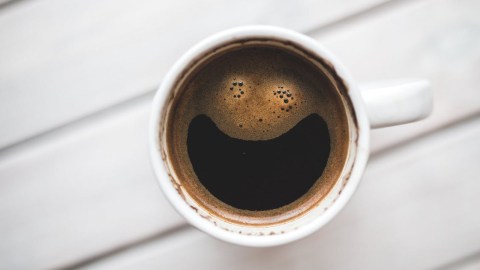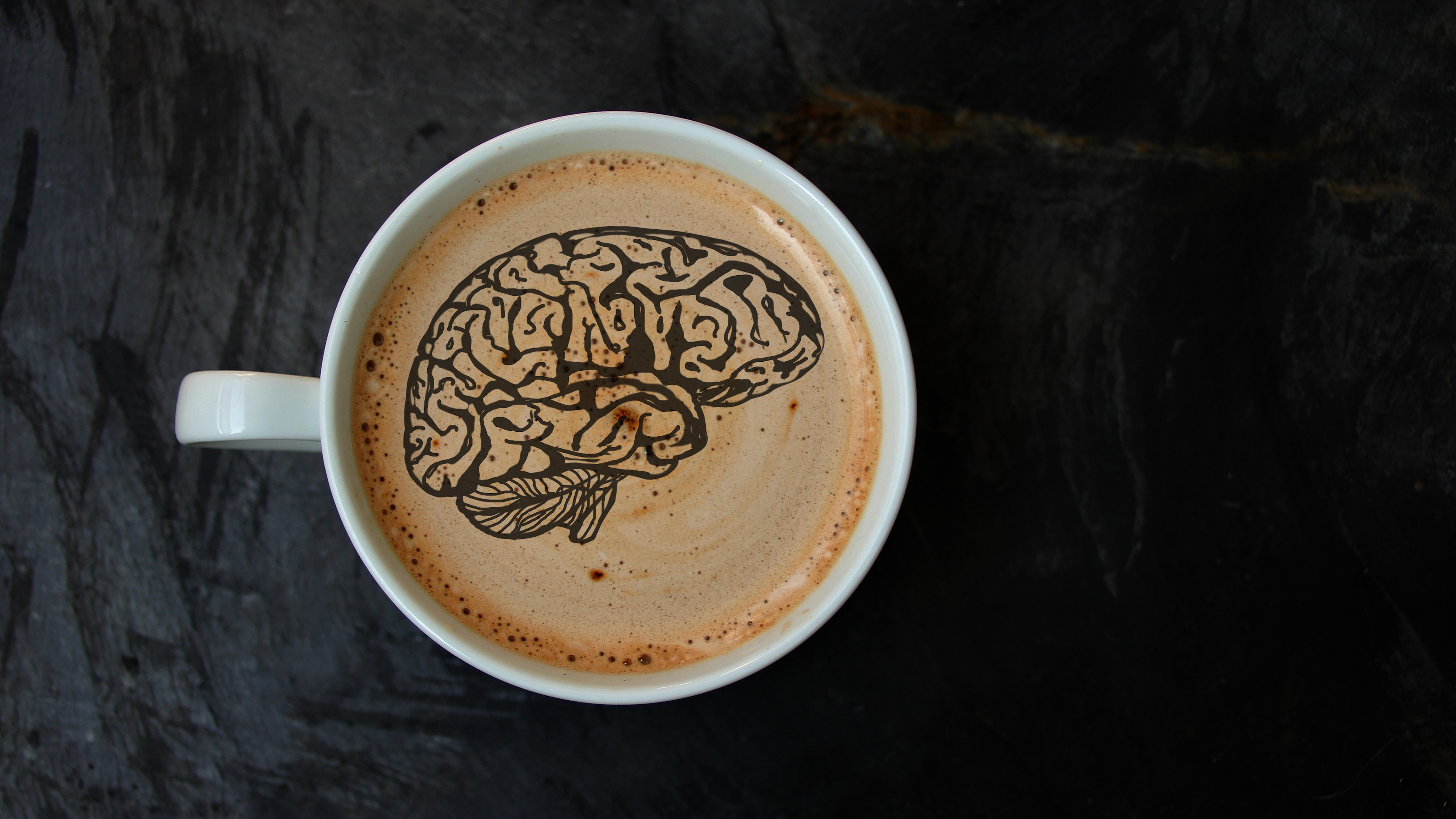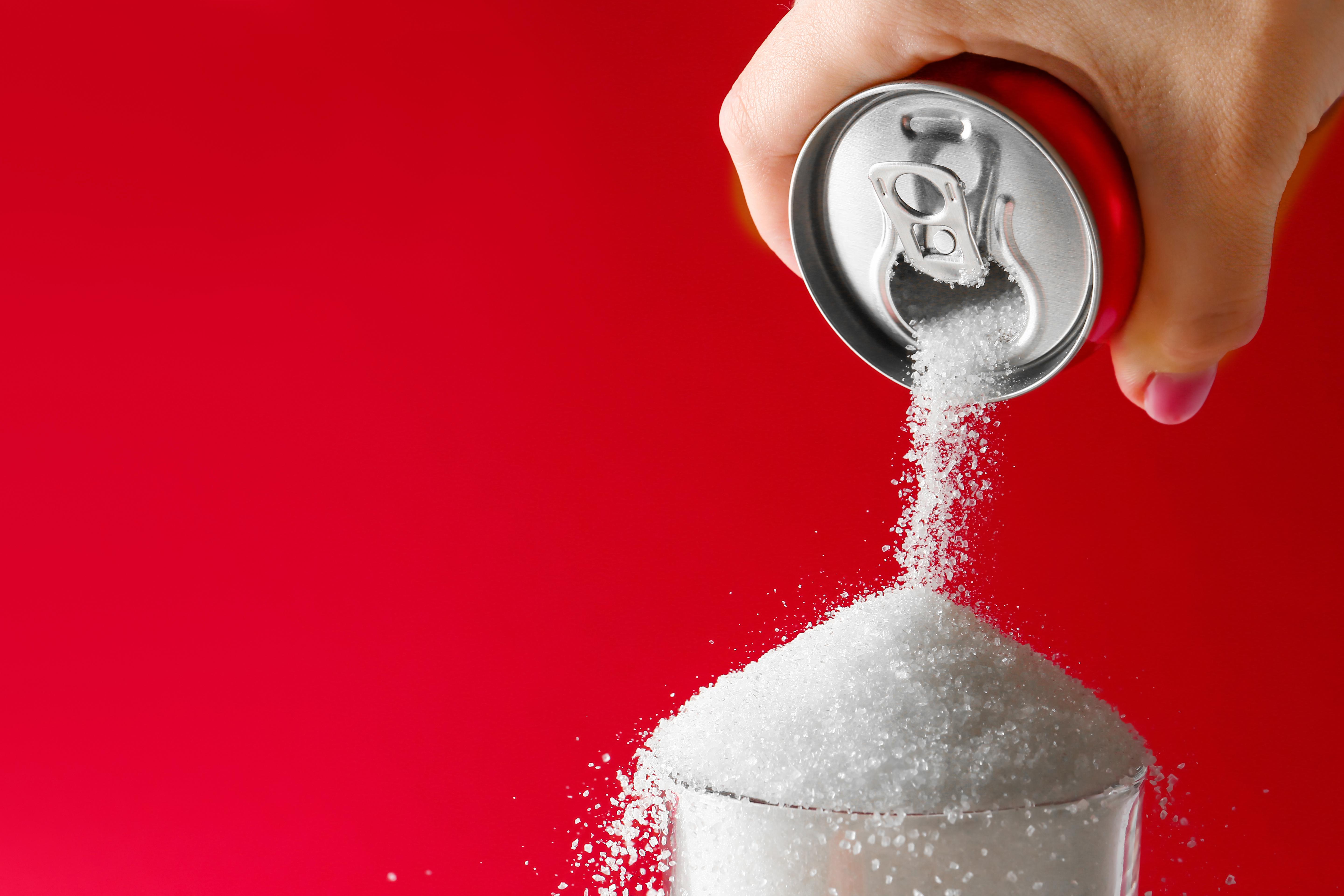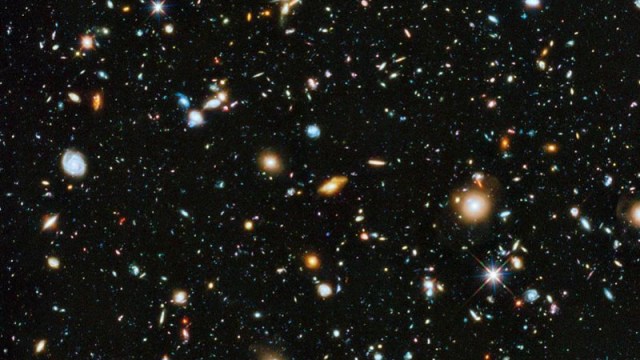How Caffeine Tricks Your Taste Buds and Your Brain

A new study on coffee from Cornell University has come up with two interesting results. One is that coffee consumption alters the perception of taste and the second is that coffee’s positive effect on alertness may be due to its placebo effect rather than to its caffeine content.
The study involved 107 participants who consumed two different kinds of coffee on consecutive days. One type was decaffeinated, moderately sweetened, and with an added 200mg of synthetic caffeine, the other type was decaffeinated, moderately sweetened, and with added quinine to simulate the same bitter taste as the first kind.
After consumption, participants were asked to take a sensory test and rate both the sweetness of the coffee and of a sucrose solution that was given to them after the coffee. They were also asked to rank their levels of alertness, hunger, and how much caffeine they thought was in the coffee. The researchers also tested their reaction times.
Interestingly, the participants could not differentiate between the caffeine-free and caffeinated coffee. There was also no difference in their ratings of alertness after drinking the different types of coffee, despite reaction times being slightly but not significantly faster after the caffeinated drink. This shows that coffee has a placebo effect when it comes to feelings of wakefulness.
Senior author of the study and assistant professor of food science Robin Dando said:
“We think there might be a placebo or a conditioning effect to the simple action of drinking coffee. Think Pavlov’s dog. The act of drinking coffee – with the aroma and taste – is usually followed by alertness. So the panelists felt alert even if the caffeine was not there. Just the action of thinking that you’ve done the things that make you feel more awake, makes you feel more awake.”
The study also showed that those who drank caffeinated coffee rated it and the sucrose solution less sweet than those who drank the non-caffeinated coffee. There was no difference in the ratings of the other four tastes – bitter, sour, salty and umami.
Dando says:
“When you drink caffeinated coffee, it will change how you perceive taste – for however long that effect lasts. So if you eat food directly after drinking a caffeinated coffee or other caffeinated drinks, you will likely perceive food differently.”
This is due to caffeine’s effect on adenosine receptors which promote sleepiness. By suppressing the receptors, caffeine makes us feel more awake but also decreases our ability to taste sweetness – something good to know for the next time we’re putting sugar in our coffee.





